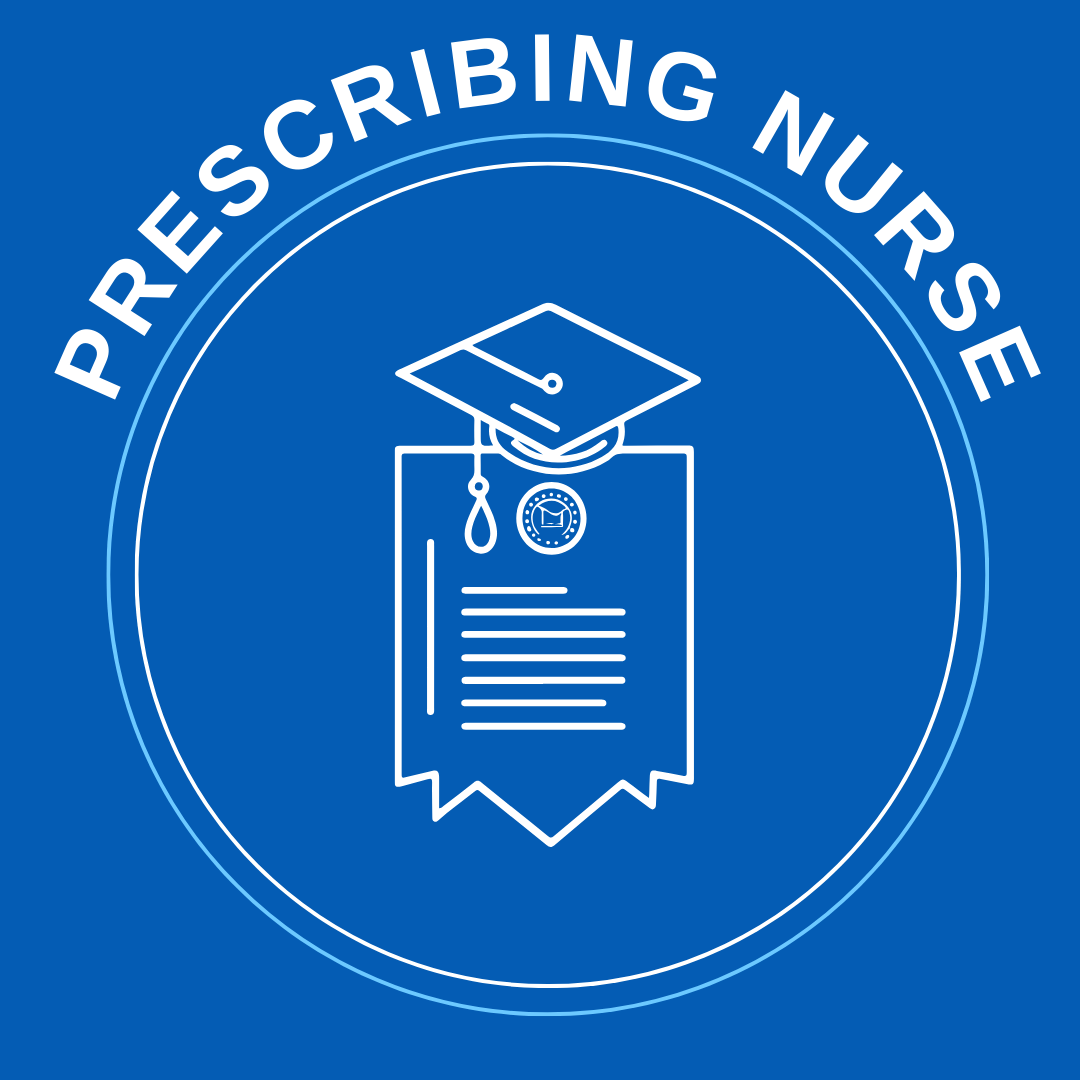Practice Assessor Sessions
1. Introduction & learning agreement
During this first meeting, we will discuss your learning needs assessment and what you will be required to do to achieve this, and what I can do to help you do this.
2. Preparing for the assignment or OSCE
During this session, you can explore & clarify expectations for your written work and receive feedback on how your clinical experiences align with the RPS Prescribing Competency Framework. You may also review prescribing episodes, reflective accounts, or case studies to ensure they meet academic and professional standards. This is an ideal time to ask questions.
3. Identifying areas for future development
In this third meeting between the Practice Assessor (PA) and the student, we aim to identify areas for further development, build on previous feedback, assess progress, and set clear goals for continued growth.
4. Prescribing for the patient population
Assignments for the V300 Non-Medical Prescribing course must be clearly aligned with the student’s specific area of clinical practice and fall within their professional scope of competence. This meeting serves to review and confirm that alignment, ensuring the student’s work reflects safe, relevant, and context-appropriate prescribing practice.
5. Case- based discussion
A Case-Based Discussion (CBD) between a V300 student and their Practice Assessor is a valuable opportunity to explore clinical reasoning, prescribing decisions, and professional development
6. Assignment review
The assignment must focus on academic rigour, clinical relevance, and alignment with prescribing competencies, especially within the context of aesthetic medicine.
7. Mid-point review
At the mid-point assessment during the V300 Non-Medical Prescribing course, the Practice Assessor (PA), Designated Prescribing Practitioner (DPP), and student come together to formally review progress and ensure the student is on track to meet the prescribing competencies.
8. Portfolio review
The V300 portfolio review focuses on assessing your clinical competence, prescribing practice, and application of theoretical knowledge in real-world settings.
9. Competency mapping
The Royal Pharmaceutical Society (RPS) Prescribing Competency Framework includes 10 competencies across two domains. The purpose of this meeting is to confirm that you have demonstrated safe, effective, and professional prescribing practice throughout your V300 training.
10. Summary of progress
The summary of progress from the Practice Assessor (PA) to the student should provide a clear, constructive evaluation of the student’s development, competence, and readiness to prescribe independently and/or supplementary.
11. Sign off and confirmation of readiness
For your final meeting with your Practice Assessor (PA), you are expected to be fully prepared to demonstrate your readiness for submission and qualification.
12. . Custom form session
This free-form visit with your Practice Assessor (PA) can take place at any point during your V300 prescribing course. It’s designed to be flexible and student-led, so you can seek support whenever you need it.
